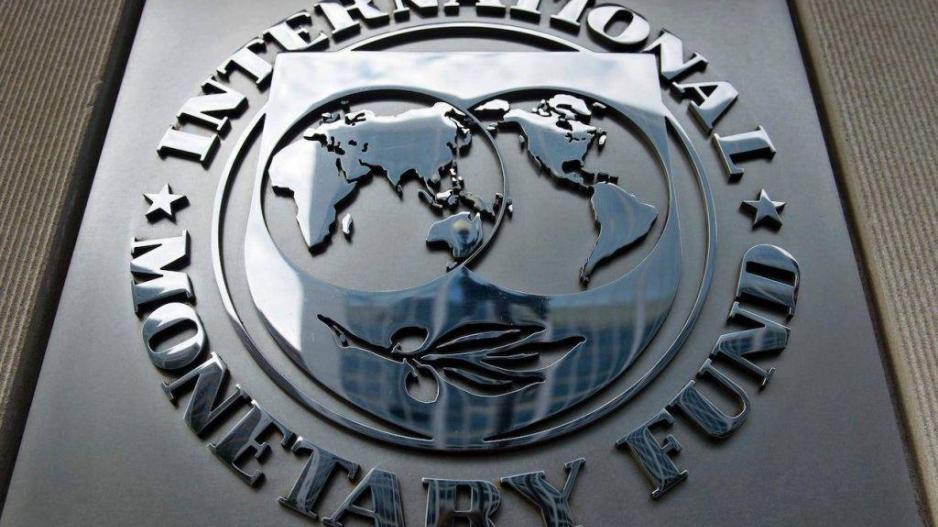IMF Calls For Action As Europe’s Productivity Gap With U.S. Widens
Europe Risks Falling Behind Without Reforms In Innovation, Technology, And Business Support, IMF Report Finds
The International Monetary Fund (IMF) has issued a stark warning about the productivity gap between Europe and major economies like the United States. This gap is largely responsible for the per capita income difference between Europe and the U.S., primarily reflecting a widening productivity deficit, according to the IMF. The IMF calls for action from both Brussels and individual European governments to close this growing gap.
In its new report, titled Europe’s Declining Productivity Growth, the IMF states that the disparity in per capita income between Europe and the U.S. reflects deeply rooted productivity issues.
Key points raised by the IMF include:
-
Compared to the U.S., Europe’s leading companies are innovating and growing less, while high-growth potential younger companies have a smaller economic impact within the EU.
-
With these productivity drivers stagnating, Europe is also weighed down by an excess of “stagnant, mature businesses,” according to the IMF.
-
Regarding financing, the IMF highlights that Europe’s smaller markets and limited equity financing options create “bottlenecks” that hinder the growth and innovation of large European companies
The IMF stresses the need for domestic reforms to reduce barriers to business entry in European markets.
-
The technology sector is of particular concern, where Europe significantly lags, the IMF warns.
-
For high-growth potential startups, the report emphasizes the importance of human capital and the need for greater availability of venture capital to help these companies reach their potential.
-
Beyond long-term policy priorities, such as enhancing the design and coordination of public support for R&D, higher education, and the corporate sector, the report underscores the importance of removing internal barriers within Europe to facilitate market integration. This would aim to boost business dynamism and improve productivity growth in Europe.
Domestic reforms to reduce business entry barriers in European markets are also necessary, along with reforms to eliminate tax and regulatory disincentives to growth.
The IMF notes that the per capita income gap with the U.S. exceeds 20% for many advanced European economies and is even wider for others. While lower capital intensity and fewer total working hours account for some of these differences, the dominant factor is Europe’s lower productivity.
The growth of European startups is further hindered by unfavorable demographic trends and lower labor mobility within the EU. Additionally, limited access to entrepreneurial and venture capital has stifled the growth of these startups. These structural and institutional weaknesses have become more detrimental as the information and communication technology revolution has unfolded in recent years, the IMF assesses.
The IMF stresses the critical role of removing remaining barriers within the EU to achieve market integration. Lifting current trade restrictions within the EU, especially in the service sector, would encourage companies to invest more in R&D, which yields better results with a larger customer base, the IMF states.
“Promoting capital market integration will be crucial for innovation-intensive companies, bolstering both the R&D efforts of larger firms and the growth of startups that lack the tangible security banks typically require. Reducing labor mobility barriers could foster innovation clusters that depend on talent accumulation. These continent-wide efforts should be complemented by domestic initiatives, including removing remaining entry barriers to the single market for startups, facilitating their access to credit, and better targeting domestic R&D support programs to younger, innovative companies,” the IMF concludes.






